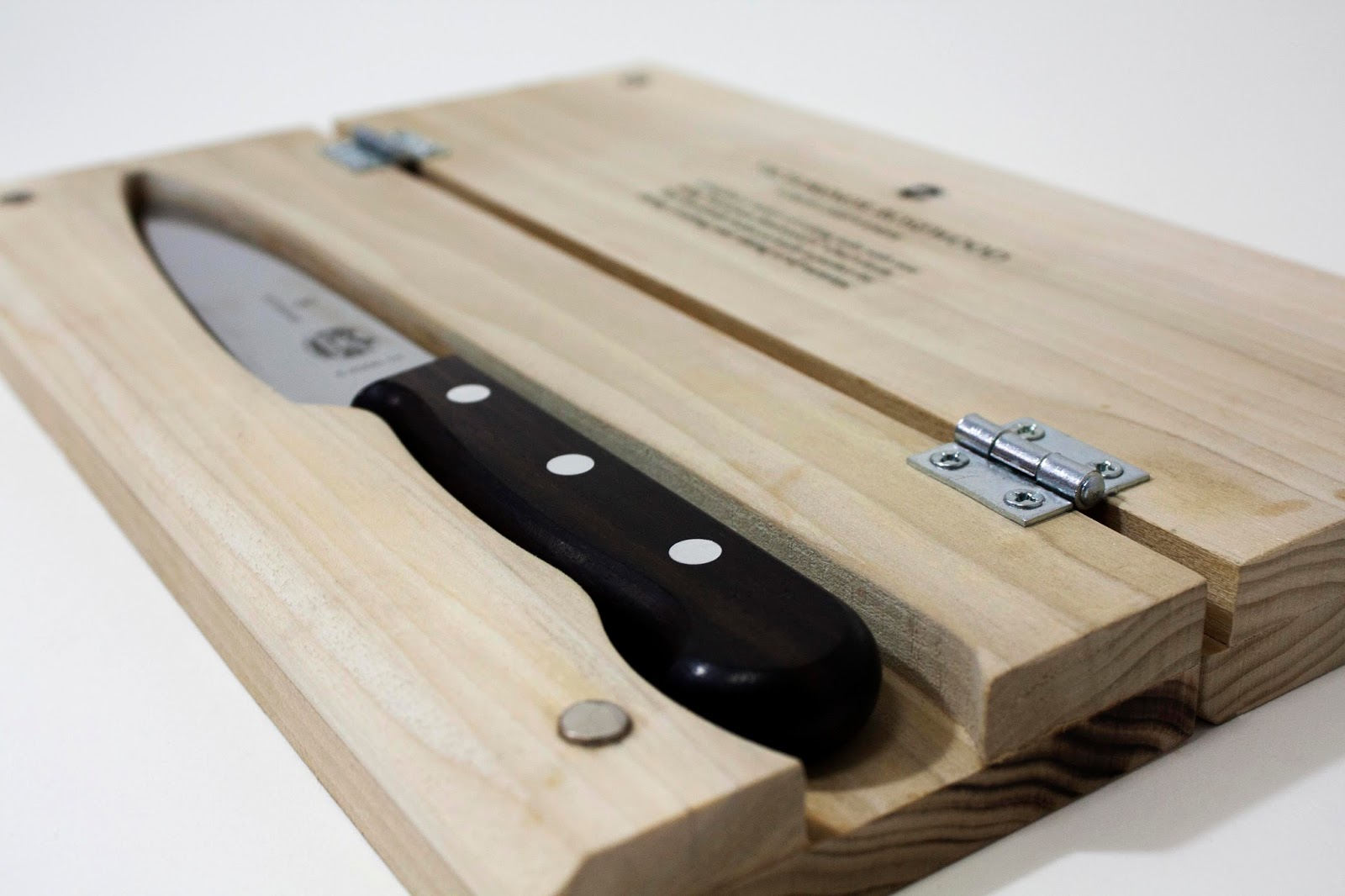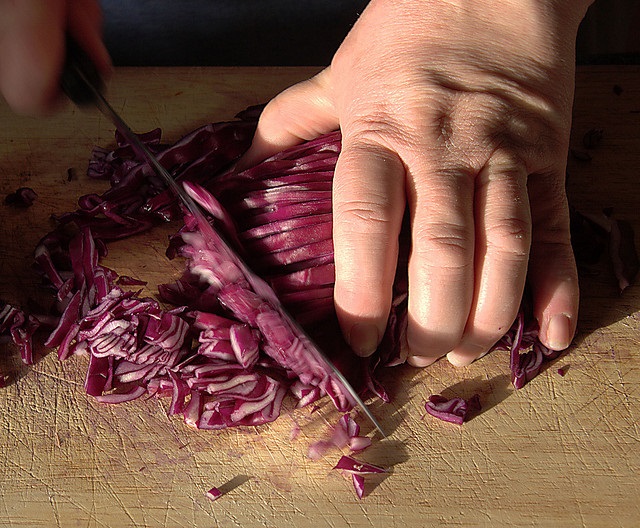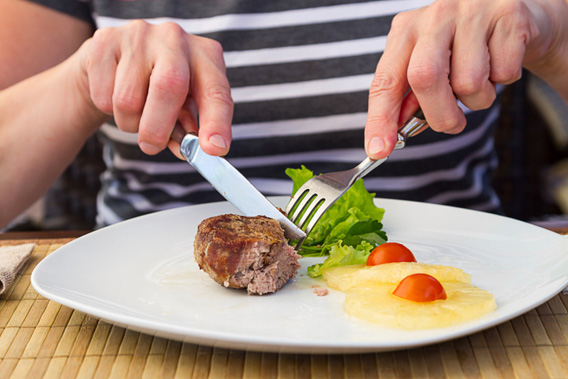You don’t need to be the most ardent knife enthusiast to know knives are some of the most useful tools we have at our disposal. A perfect knife packing guide to knife for moving in various outdoor activities.
And by knives we don’t necessarily mean kitchen knives, although it’s hard to get much going on in the house without them. Rather, the outdoor kind. Pocket knives, if you rather.
That’s a general term, though, but for simplicity purposes in this article, we will use it to refer to outdoor knives in general – hunting knives, camping knives, whittling knives; the lot. Or simply call them knives.
Anyway, it’s amazing how the knife is often overlooked by many in the EDC community in favor of other essentials. EDC, of course, being short for everyday carry.
The spotlight is often stolen by flashier counterparts such as the wristwatch, sunglasses, vaping gear and the good ol’ flashlight. You can also throw in a good face mask whose importance in this Covid-19 era cannot be understated.
Amazingly, if you had the choice of one tool you would need for your survival, the knife ranks right up there. Most likely ahead of even fire which, you know, you can always find a workaround to, whether that be rubbing stones together or simply going full pre-medieval mode by opting for whatever “raw” you’re in the mood for on the day.
In other words, the knife remains an indispensable tool even in this tech age we live in, and that doesn’t look like changing any time soon.
Whether you’re using a knife for simple things as whittling a random piece of wood as you contemplate the meaning of life or removing a piece of steak stuck in your teeth, or more serious stuff like hunting for food or performing emergency tracheotomy in the middle of nowhere, life will always be easier when you have a pocket knife at hand.
But then, there comes the question of how best to pack your knife or knives when moving.
If you’re using professional packers and movers who know their way around knives, then no cause for worry.
If you’ve spent time on the backpacking trail or are an old hand in rejuvenating outdoor pastimes like camping or deer hunting, or a survivalist at heart, then you probably have a good idea of how to stash your knives conveniently but safely.
How to Pack a Knife for Moving
Still, there are still those of us who might need some helpful pointers on how to pack a knife, particularly when moving house.

Before we delve into that, it is important to clarify that knives come in all shapes and forms –survival knives, stealth knives, bowies, daggers, mini-pocket knives you name it. However, most fall into either one of two categories – fixed or folding.
Folding knives are a cinch to pack for obvious reasons. You can simply wrap them in packing paper or cardboard and use duct tape to secure the packaging. Or simply wrap them in clothing or even stuff them in boots.
But fixed-blade knives can pose a bit of a challenge, unless they are sheathed.
There are two ways you can approach knife packing:
- Packing knives in a block
When packing knives in a block, first get some packing tape and use it to tape the knives down at different angles to avoid them slipping out of the block.
Then take the block and roll it in multiple sheets of packing paper, before covering the block with a layer (or two) of bubble wrap for extra protection.
Next, simply take the wrapped block and place it in a designated box or some DIY container.
- Packing knives separately
Packing fixed blades separately will require more work.
A lot of packing will be required here. And you can approach it in one of two ways.
You can choose to wrap each knife individually with packing paper (two layers is fine – or three in the case of extra sharp knives) before securing with duct tape.
Or you can spread the knives out on a sheet of packing paper (again, using two layers) leaving an inch or two between them.
Then roll the packing paper over the knives, starting with the first knife on one of the ends, repeating the process with each knife in the row (yes, this will yield another kind of block too).
The downside to this method is that the knives might be differently sized. If they are, opt to wrap each knife individually.
Whichever the case, once wrapped in the packing paper, secure the knife or knives (if you’ve opted for the former approach) tightly with duct or packing tape, before placing them in the designated moving box or container.
And that’s it, job done!
____


